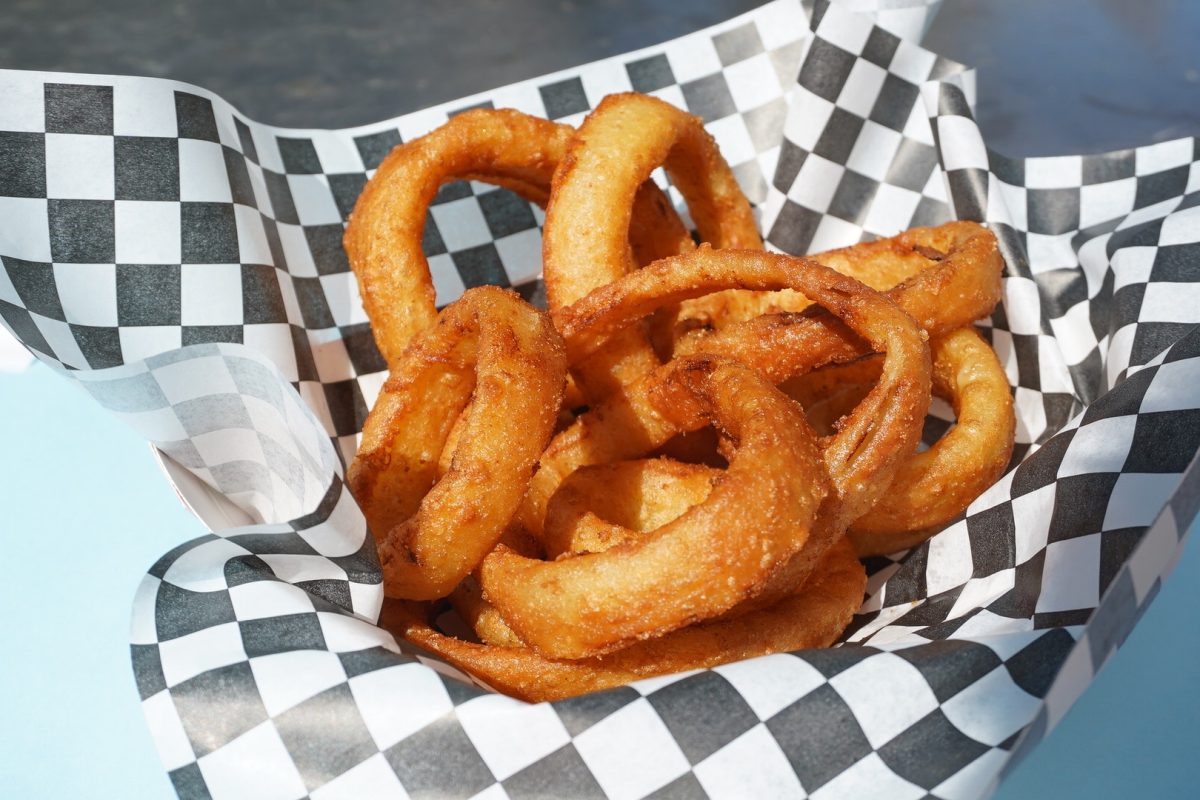The refrigerator door swings open and a robust odor hits you like a ton of bricks completely disorienting your senses. What is that smell? It’s rotten food.
Was it the chicken you made a few days ago or the Chinese food that you forgot to throw out a week ago? Or was it those rotten tomatoes, once red, but now are a light brown-ish color?
Take it in. That’s the smell of overconsumption.
Since the beginning of the 21st century, American consumers have been buying hundreds of calories more than those who lived in the 1950s, according to the United States Department of Agriculture. The total food supply in 2000 delivered 3,800 calories per person per day. The USDA states, of those 3,800 calories, roughly 1,000 calories were lost due to spoilage, plate waste, cooking and other losses. The average family of four wastes about 20 pounds of food each month, nearly $2,275 a year.
Due to overbuying, more food resides in landfills and incinerators than any other material in municipal solid waste. According to the Environmental Protection Agency, more than 34 million tons of food waste were produced in 2010.
EatingWell.com states that most wasted food items are vegetables. Sour cream, bread, herbs and citrus are among the most wasted foods in the U.S. Many of these items are perishable and have a sell date that states food needs to be eaten before a certain time.
“In terms of a solution, the simple most straight forward solution is to shop smart and plan out your trip to the grocery store. For things you can’t consume, use your freezer. Also, the thing we found that was most intriguing was that the sell date, date by, all those things aren’t federally regulated, besides baby food. Often food is still good weeks after the sell date says. What I usually tell people is to use your nose, smell that gallon of milk. It’s better to use your senses as a determinant,” said Policy Advocate Sasha Lyutse for the Natural Resources Defense Council.
The real problem lies within the consumption itself. Restaurants and individuals who buy perishable foods often do not eat all of them. For example, restaurants are known to collect huge trash bags full of discarded food every night. And doing that every night for a few weeks, months or years it adds up to more than 15 percent of all trash in landfills, according to the Environmental Protection Agency.
When food is disposed into landfills, it rots and becomes a source of methane. Landfills are a major source of human-related methane, producing 20 percent of emissions in the United States according to the EPA. Also by wasting food, we are wasting the valuable resources that went into making it. Fertilizers, energy and water are all wasted. Around 14 percent of greenhouse gases associated with global warming are created during the growing process of food. Not to mention the health hazards that come with disposing of bad food; there’s the smell, or the rodents and insects that find a dinner in your trash.
There are many solutions to overbuying food. First, buy less. It’s as simple as making a grocery list and sticking to it, and using a cart or basket that is small enough to only fit the essentials. Second, take advantage of your freezer. If you know you aren’t going to finish those hamburger buns you bought, freeze them and reuse them in a week. Third, be mindful of the expiration dates, but know that it’s not set in stone.
Finally, compost your spoiled food. By composting, you are reducing the amount of waste being directed into landfills by transforming it into organic waste, which can be used as fertilizer. By composting, you are saving money on trash bags, waste disposal fees and hauling costs.
So think long and hard before you buy that extra loaf of bread or king-sized tub or cream cheese. Do your part to help reduce the roughly 40 percent of food that goes uneaten in this country.










